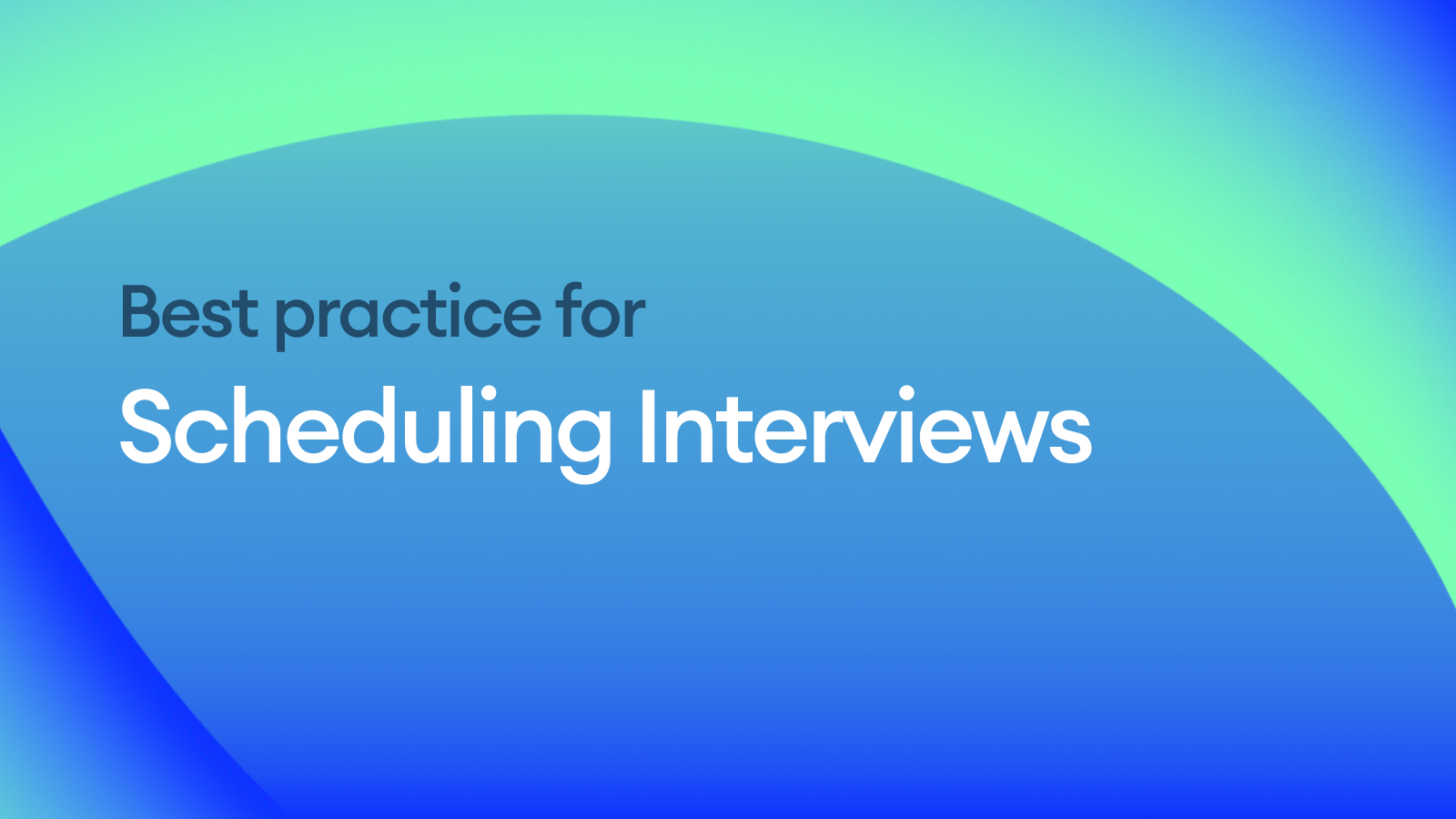Scheduling interviews is a critical step in the recruitment process. Effective scheduling ensures a smooth hiring process, reflects positively on the company, and enhances the candidate experience. This article delves into the best practices and tips for scheduling interviews efficiently and professionally.
Best Practices for Scheduling Interviews
-
Prioritize Clear Communication: Ensure all parties involved are kept informed about the interview details, including date, time, location, and participants.
-
Offer Multiple Time Slots: Provide candidates with several options to choose from to accommodate their schedules, especially if they are currently employed.
-
Use Scheduling Tools: Leverage technology like calendly, cal.com and other scheduling software to streamline the process and reduce the chances of errors.
-
Confirm Appointments: Send reminders and confirmations to both candidates and interviewers to minimize no-shows and miscommunications.
-
Be Respectful of Time Zones: For remote interviews, be mindful of different time zones and clearly specify the time zone reference.
-
Allow Adequate Preparation Time: Give candidates sufficient notice before the interview so they can prepare appropriately.
-
Coordinate with Internal Teams: Ensure interviewers are available and briefed about the interview schedule and candidate background.
-
Document the Process: Keep records of all communications and schedules for reference and accountability.
Tips for Effective Interview Scheduling
-
Personalize Communication: Address candidates by their names and tailor messages to make them feel valued and respected.
-
Be Flexible: Understand that candidates may have existing commitments with work and personal lives; try to accommodate rescheduling requests when possible.
-
Provide Detailed Information: Include all necessary details in the invitation, such as dress code, documents to bring, and the interview format.
-
Set Clear Expectations: Inform candidates about what to expect during the interview, including the interviewers' names and roles.
-
Follow Up Promptly: After scheduling, promptly address any queries or concerns the candidate may have.
-
Use Automated Reminders: Implement automated emails or notifications to remind candidates and interviewers of upcoming interviews.
-
Prepare for Contingencies: Have a backup plan in case of unexpected cancellations or technical difficulties, especially for virtual interviews.
-
Evaluate and Adjust: Continuously assess the scheduling process and seek feedback to identify areas for improvement.
Summary
Scheduling interviews effectively is pivotal to a successful recruitment process. By adopting best practices such as clear communication, flexibility, and the use of scheduling tools, recruiters and HR professionals can enhance efficiency and candidate satisfaction. Implementing these strategies not only streamlines the hiring process but also strengthens the company's employer brand by demonstrating professionalism and respect for the candidate's time.


